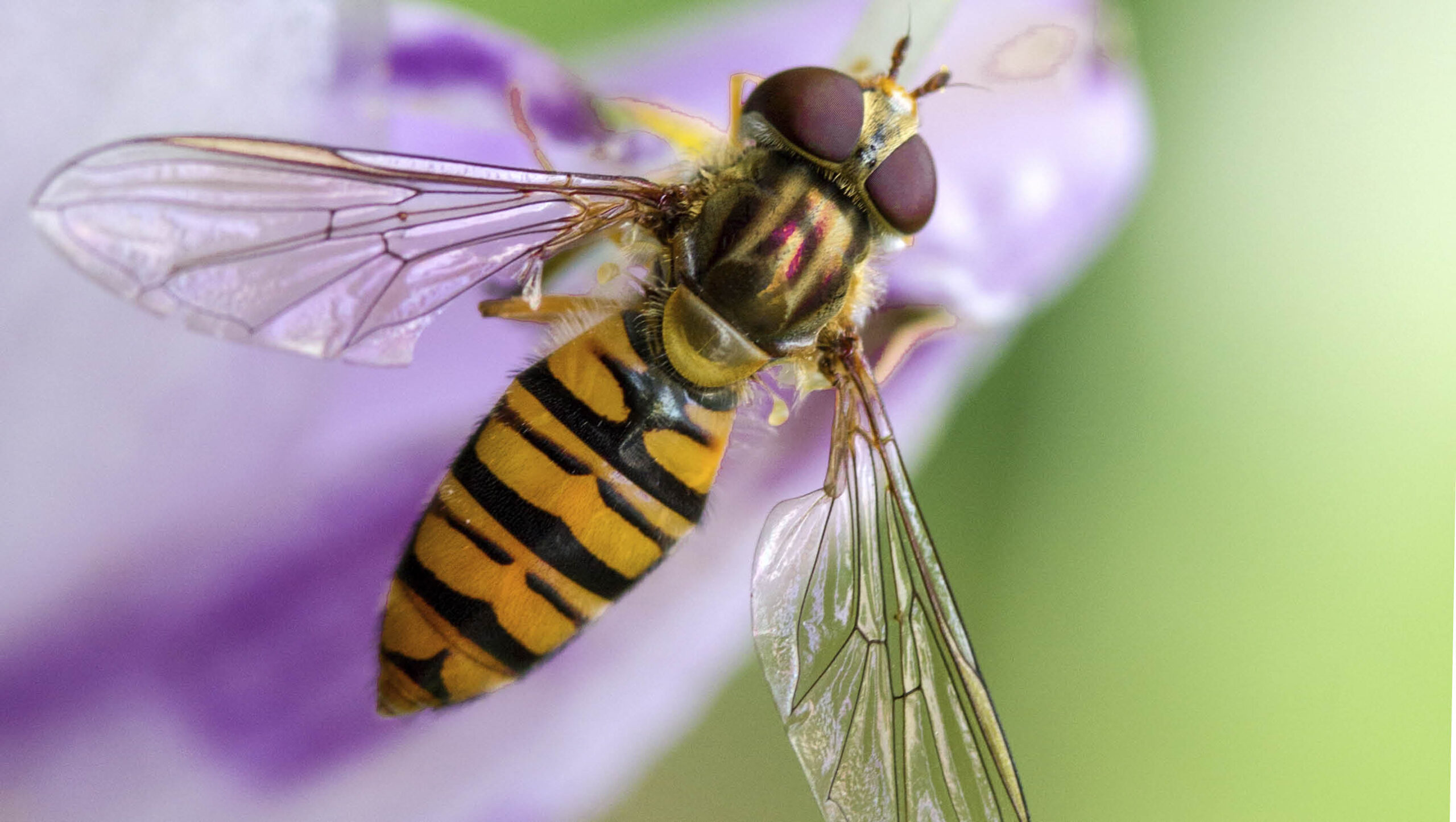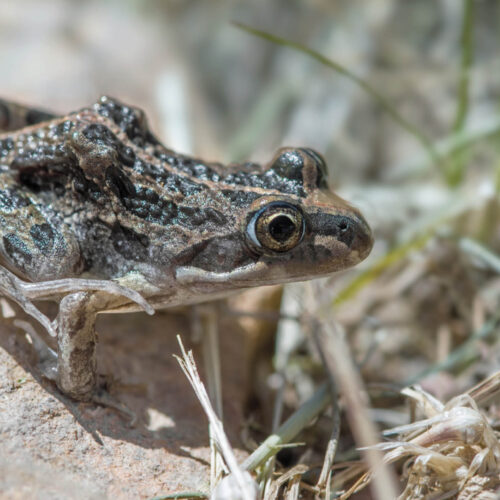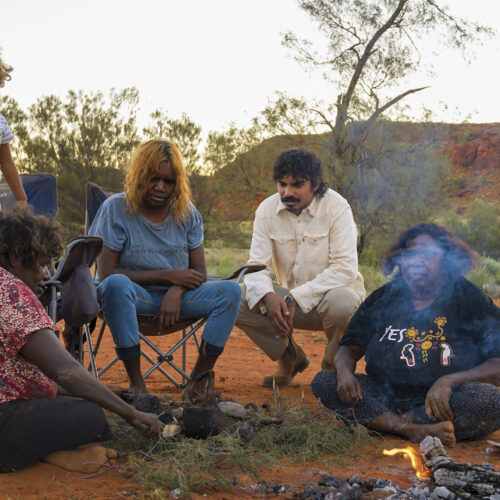Student citizen science project encourages love for bugs
2025-04-15T15:35:54+10:00
New research shows students who take part in insect-based citizen science projects are more likely to adopt pro-environmental behaviours.
New research shows students who take part in insect-based citizen science projects are more likely to adopt pro-environmental behaviours — and inspire others to do the same.
In the citizen science project Insect Investigators, students help discover new insect species while learning about their role in ecosystems. The hands-on experience not only deepens their appreciation for nature, but can also motivate teachers to bring more insect science into the classroom.
“As a result of their involvement in this program, students expressed intentions to further engage in insect–science–nature activities,” says Dr Erinn Fagan-Jeffries from the University of Adelaide, who contributed to the study that was recently published in Austral Entomology.
School-based citizen science projects such as Insect Investigators encourages interaction between research and educational institutions, while giving students a chance to learn about scientific processes with a practical approach.
“Teachers’ motivations for providing citizen science experiences to students was to create hands-on learning opportunities and to connect students with real science and scientists,” says Professor Patrick O’Connor AM, director of the University of Adelaide’s School of Economics and Public Policy.
“Teachers reported interactions with researchers as invaluable. These interactions could take the form of in-person visits by team members, or even instructional videos and curriculum-linked teacher lesson plans.”
With insect numbers declining worldwide, lead researcher Dr Andy Howe from the University of the Sunshine Coast says school-based programs can help give students a better understanding of how important insects and actions that can help protect them.
“Encouraging more young people to engage in science not only engenders positive feelings in them towards the environment, it will also help to build the next generation of scientists who will fill in the vast knowledge gap that exists in the world of insects,” Howe says.
Become a citizen scientist
Whether it’s you or your children, getting involved in a citizen scientist project will give you an opportunity to learn about your local environment (even what’s happening in your own backyard) while helping scientists gather information – in other words, become a citizen scientist. You can count frogs, track birds or discover echidnas (to name a few projects).
Insect Investigators, which is the program the students involved in the study were involved in, is a collaborative science project designed to inspire and educate Australia’s next generation of scientists while also delivering meaningful scientific outcomes.
Modelled on the Canadian School Malaise Trap Program, the project partners with schools across South Australia, Western Australia and Queensland to collect invertebrate specimens — including butterflies, spiders and more. Students take part in classroom sessions to learn about the scientific process and its role in understanding Australian biodiversity.
The project also works with leading experts from Australia’s taxonomic community to assess, describe, and document any new species discovered by participating students.
There’s more ideas on how you can get involved in a local citizen science project here.






